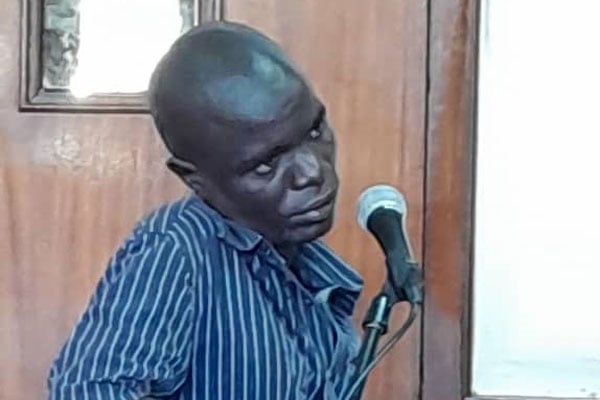Prime
Open ministers’ vetting to public - lawmakers
Kampala.
Some members of Parliament are in support of a proposal to suspend a parliamentary rule that requires the Appointments Committee to be closed to the public.
According to Rule 153(2) of the House Rules of Procedure, the proceedings of the appointments committee shall be closed.
However, the legislators argue that since the appointees are to serve the interests of the public, it is only logical and important that particular rule be suspended and have the public follow, and also table evidence before the committee - in case of any accusation against a particular appointee.
“Kenya is a country that has gone far in that aspect. Anyone who is going to be serving the public should be vetted in the open. It should be possible for even people to come and ask questions,” Aruu county MP Odonga Otto said yesterday.
“I was on that committee for five years and I raised questions about an appointee who didn’t have academic papers. When I got ignored, I went to the media and revealed it. The committee wanted to have me punished,” he said.
Rule 15, on suspicion of rules, says any member of the House may, with the consent of the Speaker, move that any rule be suspended in its application to a particular motion before the House and if the motion is carried, the rule in question shall be suspended. It, however, ring-fences six rules which can never be suspended. These mainly touch on election of the Speaker and Deputy Speaker, members of the East African Legislative Assembly and secret ballot voting.
Dokolo Woman MP and outgoing Opposition Chief Whip Cecilia Ogwal, however, argues that although the rule on appointments committee is not among the six, that alone is not enough to secure an open committee.
“It’s not about moving to have the rule suspended. All we need is a consensus as a Parliament to remove that provision,” she said. “We need a situation where anybody who is appointed to serve the public and to occupy a public office is subject to public scrutiny and that can only be achieved if the appointments committee that vets those people is open to the public.”
She added: “If the President subjects himself to scrutiny through campaigning and periodical elections, why would the ministers be vetted in the dark?”
In the last Parliament, a proposal to have the appointments committee open to the media and the public was mooted but was defeated during the making of the 9th Parliament rules of procedure.
Those who were opposed to the motion, especially the then Prime Minister Amama Mbabazi, argued that some of the officials do not want to be subjected to public scrutiny and that “given the situation in our country, let the committee be trusted with the responsibility.”
Opposed to the idea
Rakai Woman MP, Juliet Kyinyamatama is also opposed to opening up of the committee, arguing that the MPs already represent the public and that since the appointments committee is composed of the said public representatives, opening it up will be ceding Parliament powers.
“Rules give members of Parliament mandate to do their work on behalf of the public. If it goes public, the members will lose their mandate as MPs,” she said.
In the 9th Parliament, Mr Fox Odoi, then chair of the rules committee, argued against that argument, saying according to the Constitution, a committee of Parliament is not the same as the whole Parliament and therefore, the public is entitled to know about presidential appointees since they are appointed to hold public offices.
Newly appointed minister for Lands Betty Amongi (UPC) supports an open committee too. She was one of the proponents for opening up in the last Parliament.
How Kenya does it
In Kenya, the Parliament Standing Order 45(3) provides that before holding an approval hearing, a committee to which proposed appointments have been referred (in Uganda’s case the Appointments Committee), shall notify the candidate and the public of the time and place for the holding of the approval hearing at least seven days prior to the hearing.
Worth noting is that there is a substantive Act, the Public Appointments (Parliamentary approval act) 2011, which expressly says: “All committee proceedings on public appointments shall be open and transparent.”
The act also stipulates the type of question an appointee can be asked during vetting.




